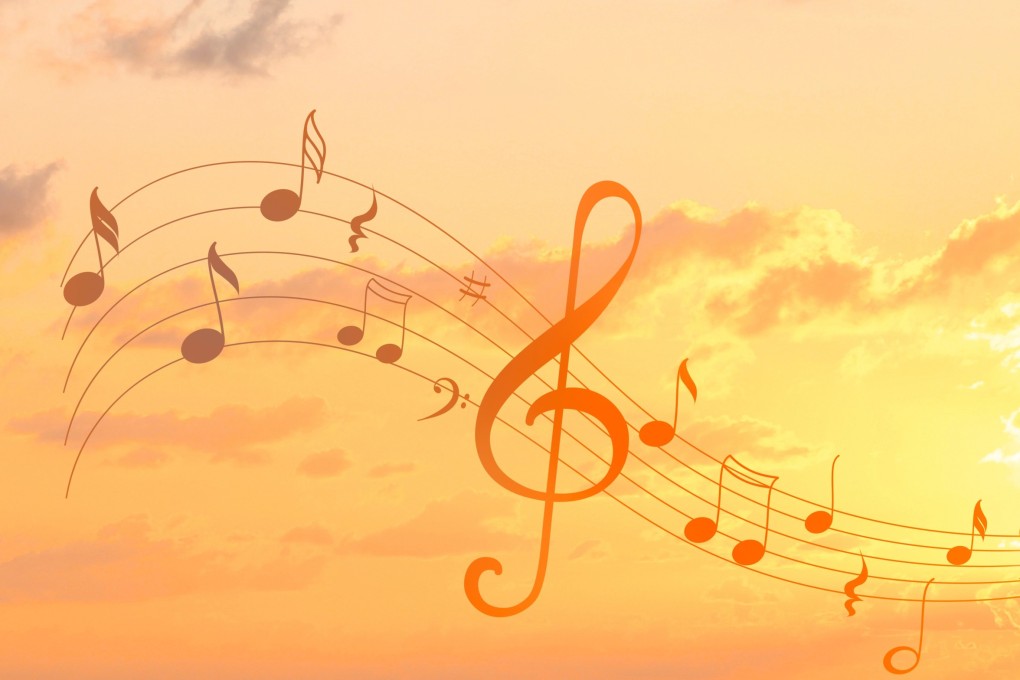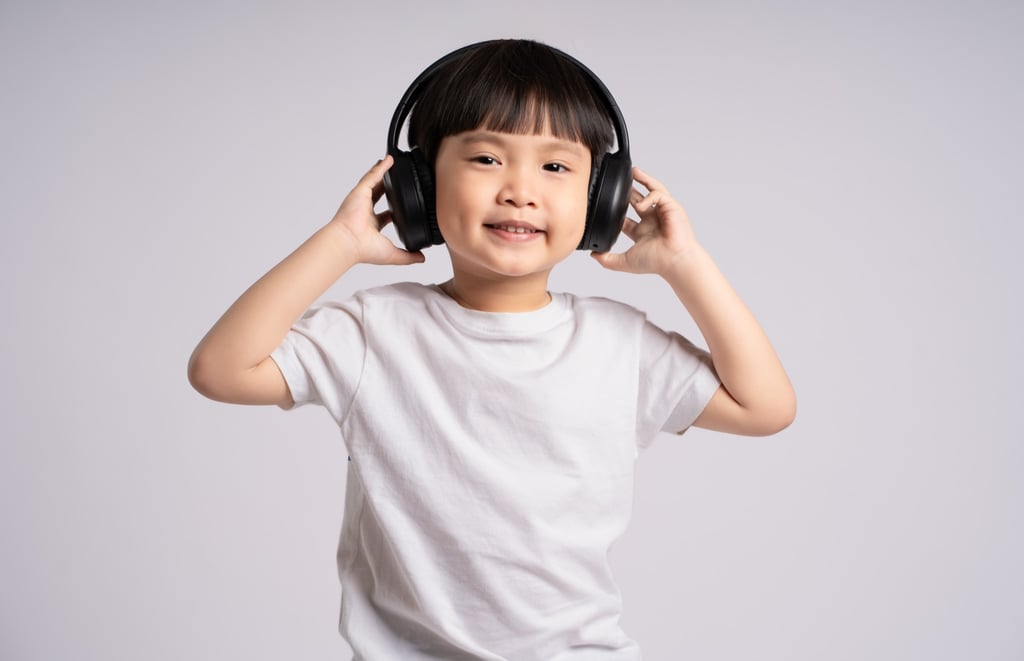
Discover how music can boost your focus and motivation while studying
Protect your hearing with noise-cancelling headphones and volume control





You need to do simple maths problems, but you want motivation. What type of music should you listen to?


What is a problem that could happen when you listen to music?


What is a precaution you should take when listening to music?


You need to do simple maths problems, but you want motivation. What type of music should you listen to?


Difficulty: Summiteer (Level 3)
Music can help you feel good – and it can even be helpful when you are studying. Research shows that music can increase your focus and motivate you.
Some types of music work better
Numerous studies have discovered how music affects study and work habits.
Listening to instrumental music or songs you are already familiar with competes less with studying than music with lyrics or unfamiliar songs.
Instrumental music appears to have less of an impact on tasks that require verbal and visual memory compared to music with lyrics.
Soft and fast music helps with learning. But loud and fast, loud and slow, and soft and slow music hinders learning.
Upbeat music with a higher tempo may help when doing something requiring movement or motivation, such as exercising or cleaning your room.
If your task is more complex – such as memorising material, problem-solving or learning something new – then the music is likely to be distracting, and you might need to turn it off.

Volume matters
Whether you are listening with speakers, headphones or earbuds, a volume that is too high can damage your hearing.
High-volume sounds can destroy tiny, delicate hairlike structures in the inner ear that help you hear. Inner-ear damage can occur from a single exposure to a loud sound or repeated exposure to loud sounds over months or years. While some parts of the ear repair themselves, the inner ear cannot fix itself.
How dangerous a sound is to your hearing depends on the volume, the length of time you listen and how close you are to the sound.
Sounds are measured in decibels, or dB, and the dBA scale reflects how the human ear hears sound.
Typically, sounds at or below 70 dBA are safe for listening. Conversations are about 60 dBA, and city traffic is about 80 dBA. Harmful sounds can include rock concerts at around 120 dBA and fireworks at about 140 dBA.
The World Health Organization suggests a sound allowance for weekly exposure based on loudness. For example, you could listen to a 75 dBA sound for 40 hours every week.
Signs you’ve been exposed to a dangerously loud sound include muffled hearing, ringing in the ears and difficulty having a conversation from one metre away. Although your hearing generally returns to normal after such an experience, there is a cost. This temporary shift in hearing could permanently harm your hearing ability.
How to keep your ears safe
Use high-quality, noise-cancelling headphones or earbuds to hear audio at a safer, lower level. Some headphones also have volume limitations.
Use hearing protection, such as earplugs or earmuffs, when you’re around loud sounds, such as concerts, fireworks or sirens.
You can also decrease your listening time. Taking breaks helps you avoid overexposure.
This article was first published by The Conversation. It was written by Jillian Hubertz, a clinical assistant professor in speech, language and hearing sciences at Purdue University.
Use the puzzle below to test your knowledge of the vocabulary words in the story.
Sample answers
-
Stop and think: I would listen to instrumental music that is soft and fast. I may also choose to listen to something upbeat.
-
Answer this: If you listen to something that is too loud, it can damage your inner ear and affect your hearing. This cannot be repaired.
-
Think about it: It is best to use high-quality, noise-cancelling headphones. More importantly, listen to music at a low volume. You can also decrease listening time and take breaks.



being in contact with elements like light or sound
to create delays or slow the progress of something
something that gets in the way
sound that is difficult to hear
headphones designed to reduce outside noise

being in contact with elements like light or sound
to create delays or slow the progress of something
something that gets in the way
sound that is difficult to hear
headphones designed to reduce outside noise


What is a problem that could happen when you listen to music?


What is a precaution you should take when listening to music?